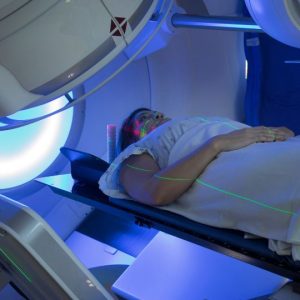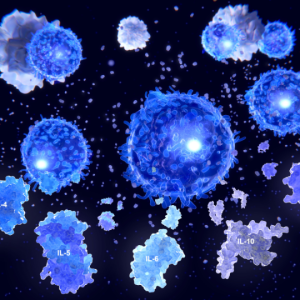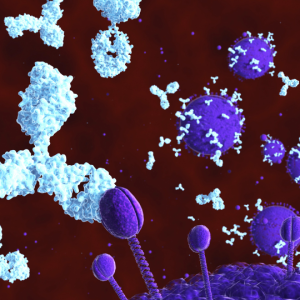- :+91 - 89402 62058, +91 76392 89213
- Agilkarai Street, Tirumayam, Tamil Nadu 622507
Radiation Therapy
Radiation therapy employs targeted doses of high-energy radiation to treat cancer by damaging or destroying cancer cells. This treatment is often localized to the specific area where cancer is present. Techniques like IMRT and SBRT allow for precise targeting, minimizing impact on surrounding healthy tissues. Radiation therapy may be used as a primary treatment or in conjunction with surgery and chemotherapy. Close collaboration with radiation oncologists ensures personalized treatment plans and management of potential side effects during the course of therapy.

Chemotherapy
Chemotherapy is a systemic cancer treatment that uses drugs to inhibit the growth and division of rapidly dividing cells, including cancer cells. Administered orally or intravenously, chemotherapy can reach cancer cells throughout the body. While it targets cancer, it can also affect healthy cells, leading to side effects like nausea and hair loss. Often used in combination with surgery or radiation, chemotherapy aims to eradicate or control cancer.

Immunotherapy
Immunotherapy is a revolutionary cancer treatment that harnesses the body's immune system to fight cancer cells. It involves stimulating the immune system or providing substances to enhance its response against cancer. Checkpoint inhibitors, monoclonal antibodies, and adoptive cell therapies are examples of immunotherapeutic approaches.

Targeted Therapy
Targeted therapy is a form of cancer treatment that specifically targets certain molecules involved in the growth and survival of cancer cells. Unlike chemotherapy, which affects rapidly dividing cells throughout the body, targeted therapy focuses on the unique features of cancer cells. This approach often involves drugs that block specific proteins or pathways essential for cancer cell function.

Hematopoietic Stem Cell Transplantation (HSCT)
Hematopoietic Stem Cell Transplantation (HSCT), also known as bone marrow transplant, is a medical procedure used to treat various hematologic disorders and certain cancers. It involves the infusion of healthy blood-forming stem cells, either from the patient (autologous transplant) or a compatible donor (allogeneic transplant). HSCT aims to replace or restore the damaged or diseased bone marrow with healthy cells, allowing the production of normal blood cells.

Precision medicine
Precision medicine is an innovative approach that tailors medical treatment to individual characteristics, considering factors like genetics, environment, and lifestyle. This personalized approach allows for more targeted and effective treatments, minimizing adverse effects. In oncology, precision medicine involves identifying specific genetic mutations in cancer cells to guide treatment decisions.

Hormone Therapy
Hormone therapy is a medical approach that involves altering hormone levels in the body to treat various conditions. In cancer treatment, hormone therapy may be used to block or interfere with hormones that fuel certain types of tumors, such as breast or prostate cancer.

